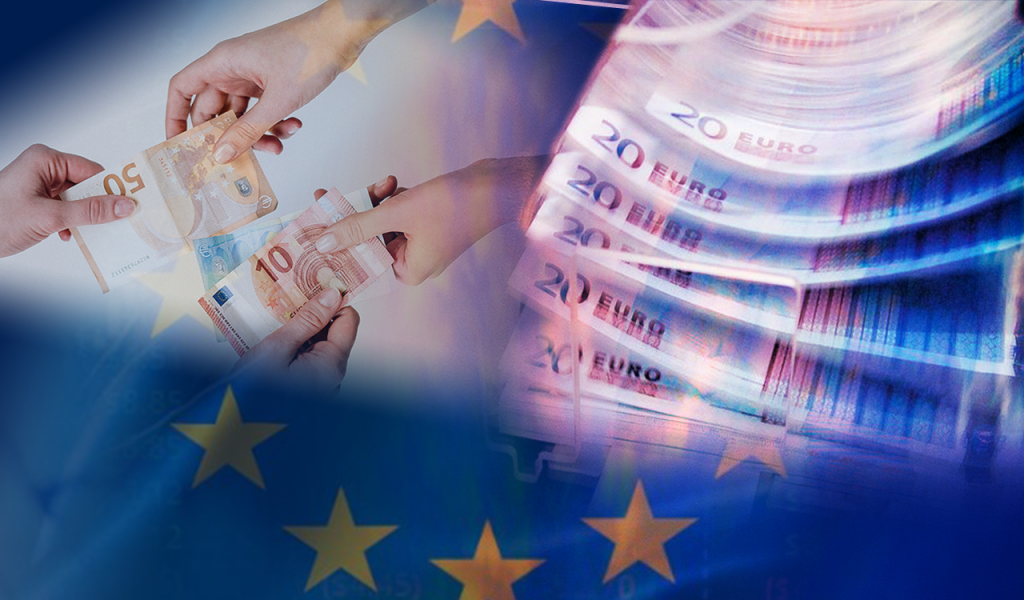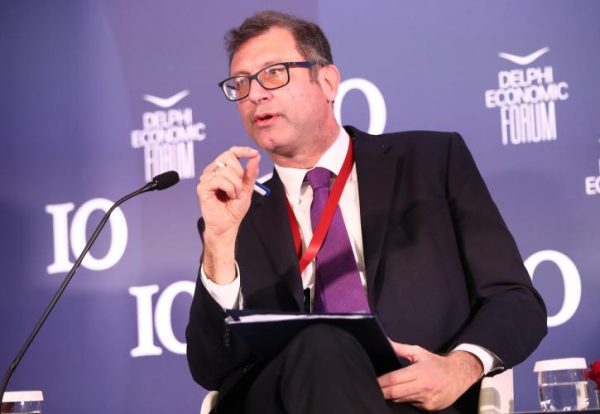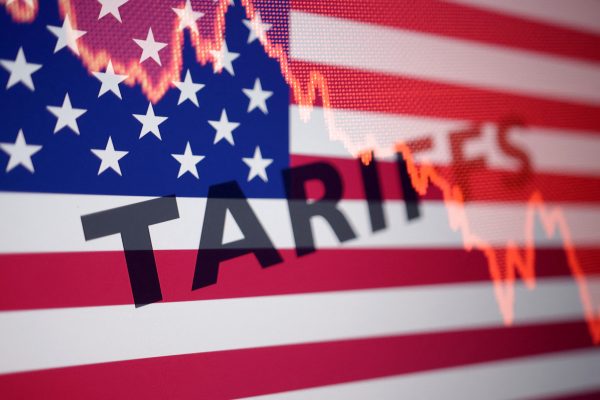
European banks are expected to return more than 120 billion euros to shareholders from their 2023 results, transferring to investors the benefits they gained from the aggressive increase in interest rates.
Indeed, as emphasized by the Financial Times, the largest listed European banks have committed to dividends of 74 billion euros and share buybacks totaling 47 billion euros. According to data compiled by UBS, these represent a 54% increase compared to the capital returns of the previous year and are much higher than any year since 2007.
In Greece, the discussions between the four systemic groups and the system supervisor regarding the distribution of dividends from last year’s profits are reaching their final stages, with favorable terms. These talks, preceding their annual general meetings of shareholders next summer, will mark the first capital return to shareholders after 16 years.
Market anticipation already suggests approval from the Single Supervisory Mechanism (SSM). Banking sources indicate that the assessment of the request for dividend payouts will adhere to the three conditions outlined by the SSM for granting approval, as follows:
Greek banks must assure regulators of their ability to maintain profitability despite declining interest rates in the eurozone, which will reduce income from existing loans. They plan to offset this through increased lending and reduced loan repayments. Additionally, they aim to boost fee income through expanded asset management and bancassurance programs.
Secondly the SSM evaluates banks’ capital strength, which affects their ability to return capital to shareholders. Greek groups strategically issued bonds at the beginning of the year, raising 1.8 billion euros to improve capital ratios and move closer to meeting the 2026 MREL target.
Lastly, the supervisor scrutinizes banks’ loan portfolio quality. The domestic sector has significantly reduced delinquency rates from around 50% in 2016 to below 5%, targeting further reduction to below 3% in the next two years. Management must assure the supervisor that credit risk remains low and the likelihood of a reversal in downward trends is minimal under current conditions.
Source: tovima.com
Latest News

PM Meloni Meets Vice President Vance in Rome Signalling Optimism on Ukraine Talks
Meloni emphasized the strength and strategic value of the Italy-U.S. partnership.

Airbnb: Greece’s Short-Term Rentals Dip in March Amid Easter Shift
Data from analytics firm AirDNA shows that average occupancy for short-term rentals dropped to 45% in March, down from 49% the same month last year.

Easter Week in Greece: Holy Friday in Orthodoxy Today
At the Vespers service on Friday evening the image of Christ is removed from the Cross and wrapped in a white cloth

Meloni and Trump Meet in Washington, Vow to Strengthen Western Ties
“I am 100% sure there will be no problems reaching a deal on tariffs with the EU—none whatsoever,” Trump stressed.

ECB Cuts Interest Rates by 25 Basis Points in Expected Move
The ECB’s Governing Council opted to lower the deposit facility rate—the benchmark for signaling monetary policy direction—citing an updated assessment of inflation prospects, the dynamics of underlying inflation, and the strength of monetary policy transmission.

Current Account Deficit Fell by €573.2ml Feb. 2025: BoG
The improvement of Greece’s current account was mainly attributed to a more robust balance of goods and, to a lesser extent, an improved primary income account

Hellenic Food Authority Issues Food Safety Tips for Easter
Food safety tips on how to make sure your lamb has been properly inspected and your eggs stay fresh.

Greek Kiwifruit Exports Smash 200,000-Ton Mark, Setting New Record
According to data by the Association of Greek Fruit, Vegetable and Juice Exporters, Incofruit Hellas, between September 1, 2024, and April 17, 2025, kiwifruit exports increased by 14.2%.

Easter Tourism Boom: Greece Sees 18.3% Surge in Hotel Bookings
Among foreign markets, Israel has emerged as the biggest growth driver, with hotel bookings more than doubling—up 178.5% year-on-year.

Greece to Launch Fast-Track Tender for Offshore Hydrocarbon Exploration
Last week, Papastavrou signed the acceptance of interest for the two Cretan blocks, while similar decisions regarding the two Ionian Sea blocks were signed by his predecessor







![Πλημμύρες: Σημειώθηκαν σε επίπεδα ρεκόρ στην Ευρώπη το 2024 [γράφημα]](https://www.ot.gr/wp-content/uploads/2025/04/FLOOD_HUNGRY-90x90.jpg)





![Airbnb: Πτωτικά κινήθηκε η ζήτηση τον Μάρτιο – Τι δείχνουν τα στοιχεία [γράφημα]](https://www.ot.gr/wp-content/uploads/2024/07/airbnb-gba8e58468_1280-1-90x90.jpg)



























 Αριθμός Πιστοποίησης
Αριθμός Πιστοποίησης